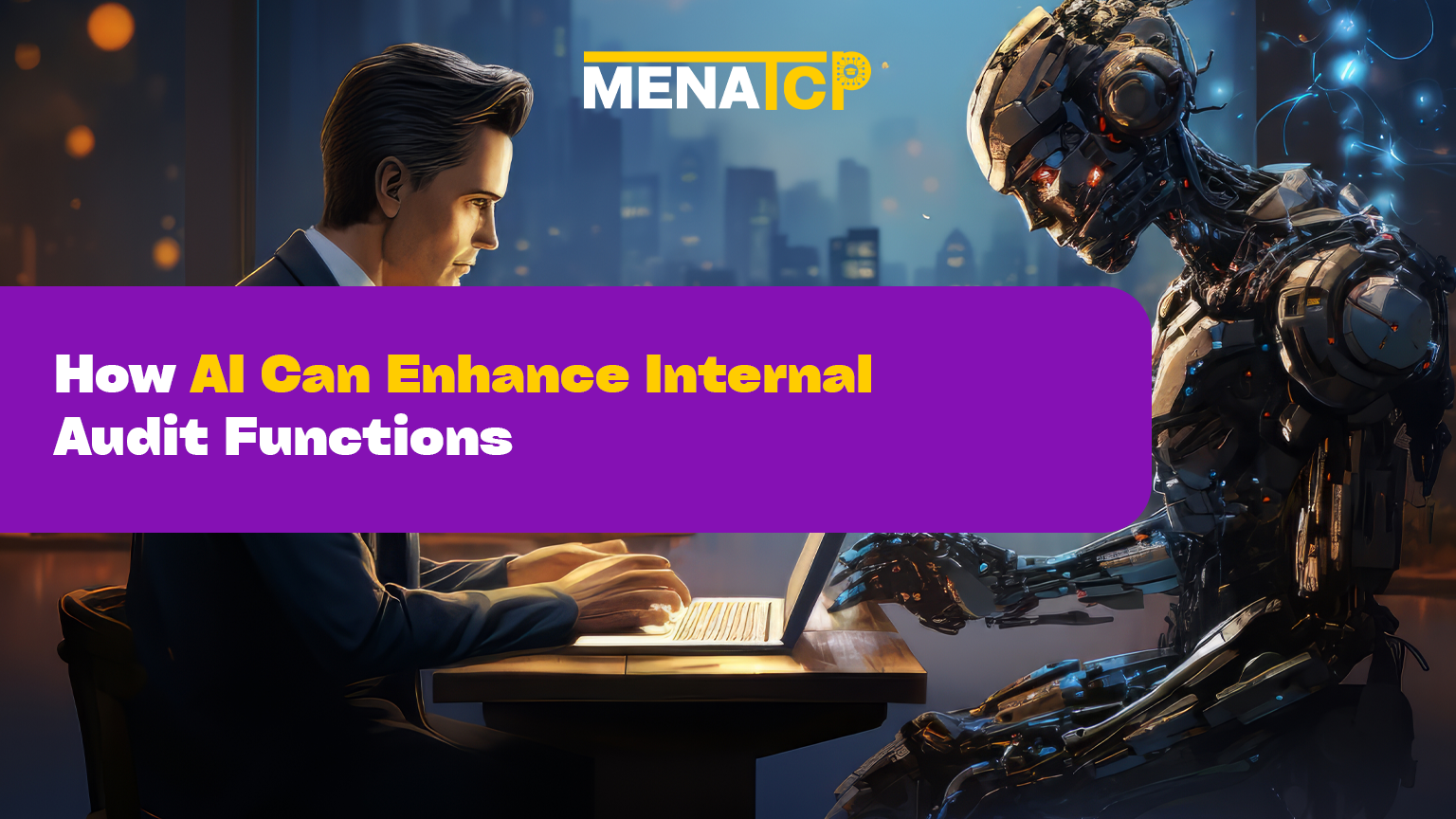
Financial statement analysis is the process of evaluating a company’s financial health and performance through a detailed review of its financial documents, including the income statement, balance sheet, and cash flow statement. This analysis is crucial for both internal stakeholders, like company executives and financial managers, and external stakeholders, such as investors and creditors, to make informed financial decisions. With the rise of AI in finance, companies are increasingly using advanced AI tools to automate and enhance the accuracy of financial statement analysis. Understanding this concept is also a major part of modern AI courses that explore how AI technology is transforming financial decision-making.
The financial statement analysis process uses various metrics and techniques to examine a business’s profitability, liquidity, solvency, and operational efficiency. By analyzing past and present data, stakeholders can evaluate how well a company is performing and forecast its future potential. For anyone asking “what is finance” or exploring the broader finance meaning, this type of analysis is foundational.
Analyzing financial statements is essential for gaining insights into a company’s financial status and guiding decision-making. Financial professionals and business leaders rely on this analysis to measure performance, assess risks, and make strategic choices. Investors use financial statement analysis to evaluate whether a company is a worthwhile investment. Moreover, the integration of AI in accounting and AI in finance has made the process faster, more reliable, and data-rich.
Here are the key benefits of financial statement analysis:
As AI finance applications grow, companies can use machine learning and predictive analytics to identify patterns and trends that traditional methods may miss, further improving the quality of financial analysis.
Conducting a financial statement analysis involves a systematic review of a company’s financial reports, applying specific analytical methods to derive meaningful insights. The primary financial statements to analyze are the income statement, balance sheet, and cash flow statement. AI tools play a significant role in enhancing this analysis, particularly in processing large volumes of data and generating real-time insights.
Key techniques include:
Modern AI in finance solutions can automatically perform these analyses, flag anomalies, and even predict future financial trends, making it easier for both beginners and professionals to grasp what is finance and how it works in real-world applications.
This AI tool transforms the way you analyze financials with AI. it extracts data from income statements and balance sheets, calculates vital financial ratios, and flags anomalies or red flags.
Key Benefits:
How to Use:
1- Go To MENATCP’s tools page on the website and upload your financial statement Excel file.
2- The AI extracts key metrics and performs ratio analysis.
3- Get a detailed dashboard with red flags, observations, and tailored suggestions.
Understanding the three core financial statements is crucial for effective financial statement analysis. These statements are the backbone of any company’s financial reporting and provide comprehensive insights into its operations, financial position, and cash management.
In the age of AI you no longer need to do everything manually the new AI technology will enable you to use AI in finance and AI in accounting changing finance meaning with AI tools normal tedious tasks are now automated with high precision that will eventually increase the efficiency of your job for the most productive workdays
© MENATCP, 2025. All Rights Reserved | Developed by MG Digital